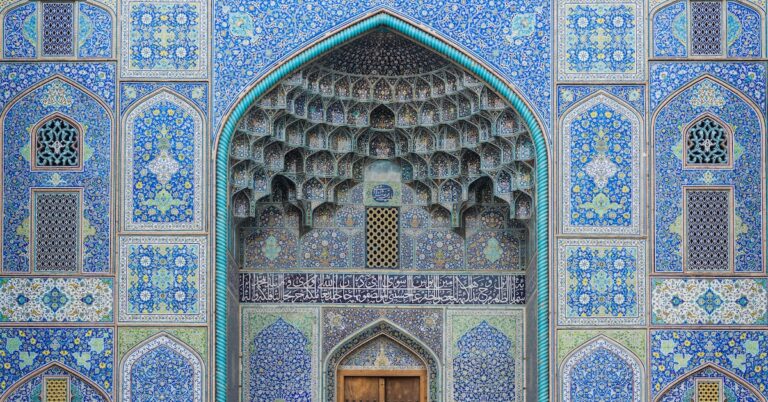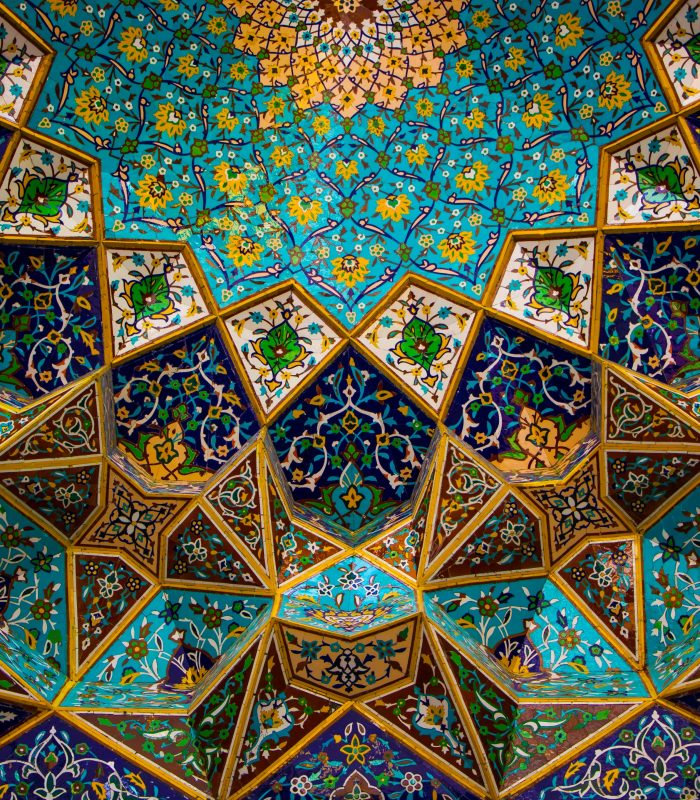In the western world, the preconception of Muslims is primarily driven by the mainstream media, which is unfortunately overwhelmingly negative. In countries such as England, research has indicated that a third of the population believes that Islam threatens their way of life.
Beliefs like these are heavily due to the misinformation and Islamophobic rhetoric which has dominated the public sphere for too long. Thus, to counter this, there needs to be greater emphasis on the truth and recognising and promoting positive Muslim role models as a counter-narrative to the Islamophobic rhetoric.
Great things are being done and have been done by inspirational Muslims across the world, and the achievements of these individuals must be recognised. For kids growing up in the current climate, it is essential to take pride in their religion and respective cultures.
We have compiled a list of notable Muslim athletes that changed society with their respective sports. While some of them were born Muslim, others converted to Islam later in life.
Muhammad Ali
Sport: Boxing
What better way to start this list than Muhammad Ali (The Greatest of All Time): easily the most prominent Muslim sports figure in recent history. After converting to Islam from Christianity, Ali was not afraid to make his religious views public before becoming one of the most remarkable boxers of all time. His achievements in sports are second to none. His portfolio is next to none in 1960 Light Heavyweight Olympic Gold Medalist and three-time World Heavyweight Champion.
Most would argue that his greatness did not solely stem from his professional career but a hybrid of his ability, personality and social, political and religious views. All of this cumulated in Ali’s decision to sand up against the Vietnam War. This stand transcended him not only in the ring, which he had dominated as the undisputed heavyweight champion of the world but also in the realms of faith and politics.
“His biggest win came not in the ring but in our courts in his fight for his beliefs,” Eric Holder
On March 9, 1966, at the height of the Vietnam war, Ali’s draft status was revised to make him eligible to fight in Vietnam, leading him to say the following:
“My conscience won’t let me go shoot my brother, or some darker people, or some poor, hungry people in the mud for big powerful America,” he said at the time. “And shoot them for what? They never called me nigger; they never lynched me, they didn’t put no dogs on me, they didn’t rob me of my nationality, rape and kill my mother and father. … Shoot them for what? How can I shoot them, poor people? Just take me to jail.”
He eventually became a champion again after being unjustly stripped of his belts back in ’67. Ali defeated every top heavyweight in the golden era of heavyweight boxing, making him “The Greatest.”
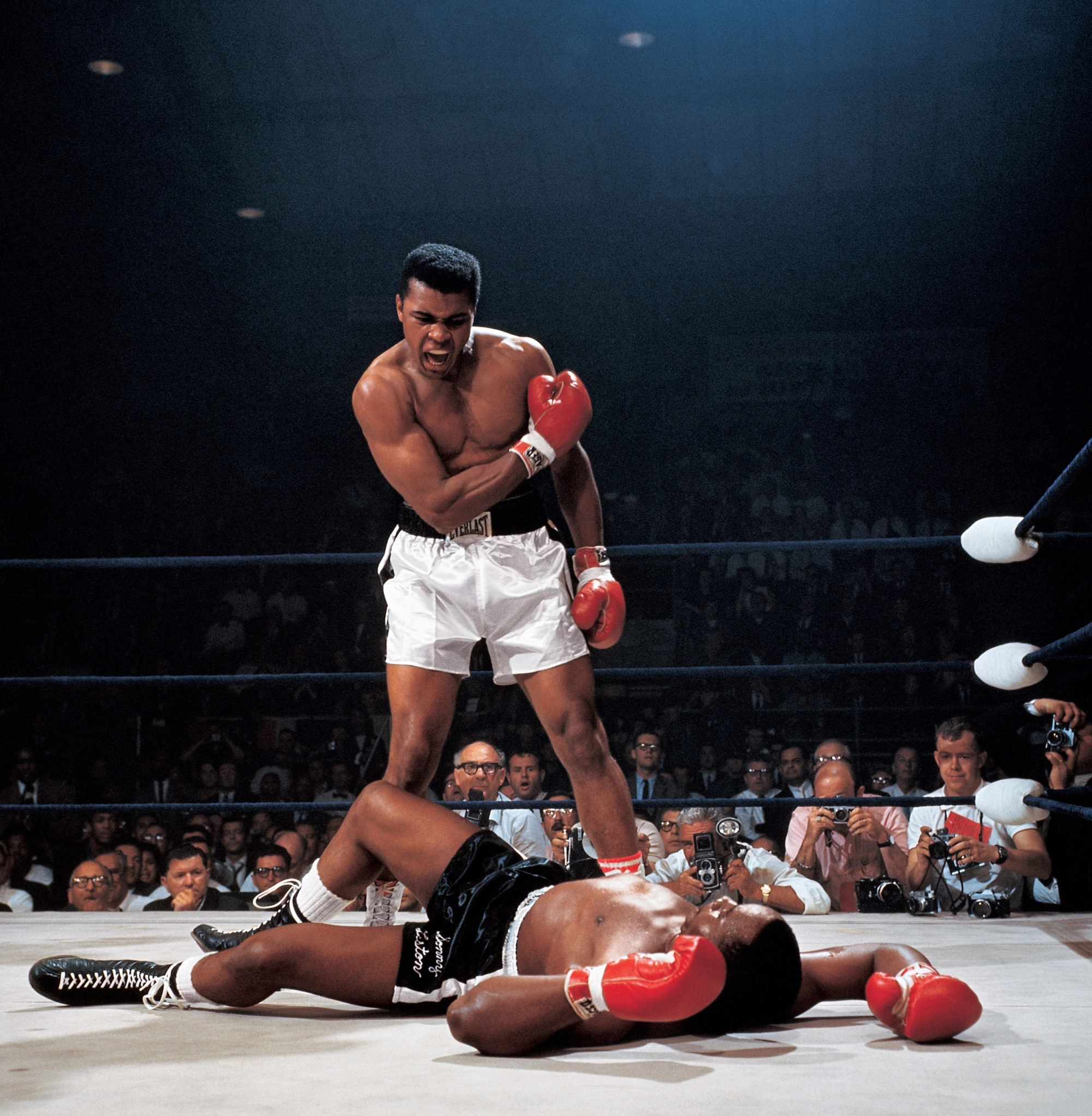
Kareem Abdul-Jabbar
Sport: Basketball
Kareem Abdul-Jabbar, born Ferdinand Lewis Alcindor, Jr., changed his name when he converted to Islam in 1971. Ever since he set foot on a basketball court, he has dominated the game till he retired from the sport. He even invented one of the most unguardable shots in the history of the NBA, “The Skyhook”. He still holds the record as the NBA’s all-time leading scorer with 38,387. Once he went to L.A., he cemented his legacy by winning five MVP awards and five NBA titles.
He still had time to be part of my favourite movies:
- The Game of Death
- Airplain
Outside of basketball, Kareem Abdul-Jabbar has always been and still is very socially active. On June 4, 1967, Abdul-Jabbar joined Jim Brown, Bill Russell and Willie Davis to support Mohammed Ali’s refusal to enter the Army. Additionally, Abdul-Jabbar participated in a protest at UCLA after Dr. King’s assassination. Abdul-Jabbar boycotted the 1968 Olympics as a protest because former IOC president Avery Brundage allowed German dictator Adolf Hitler not to field any Jewish athletes in the 1936 Games.
Since converting to Islam, he has actively addressed misconceptions about the Islamic faith and culture.
“I know that it has cost me,” he said. “But being able to assert an identity that is in harmony with who I am, what my ancestry is all about and what my moral and political feelings are all about, that was the most important thing.”
Abdul-Jabbar has also raised funds to benefit science and math education through his “Skyhook Foundation.” In 2012, he became a cultural ambassador for the U.S. State Department.
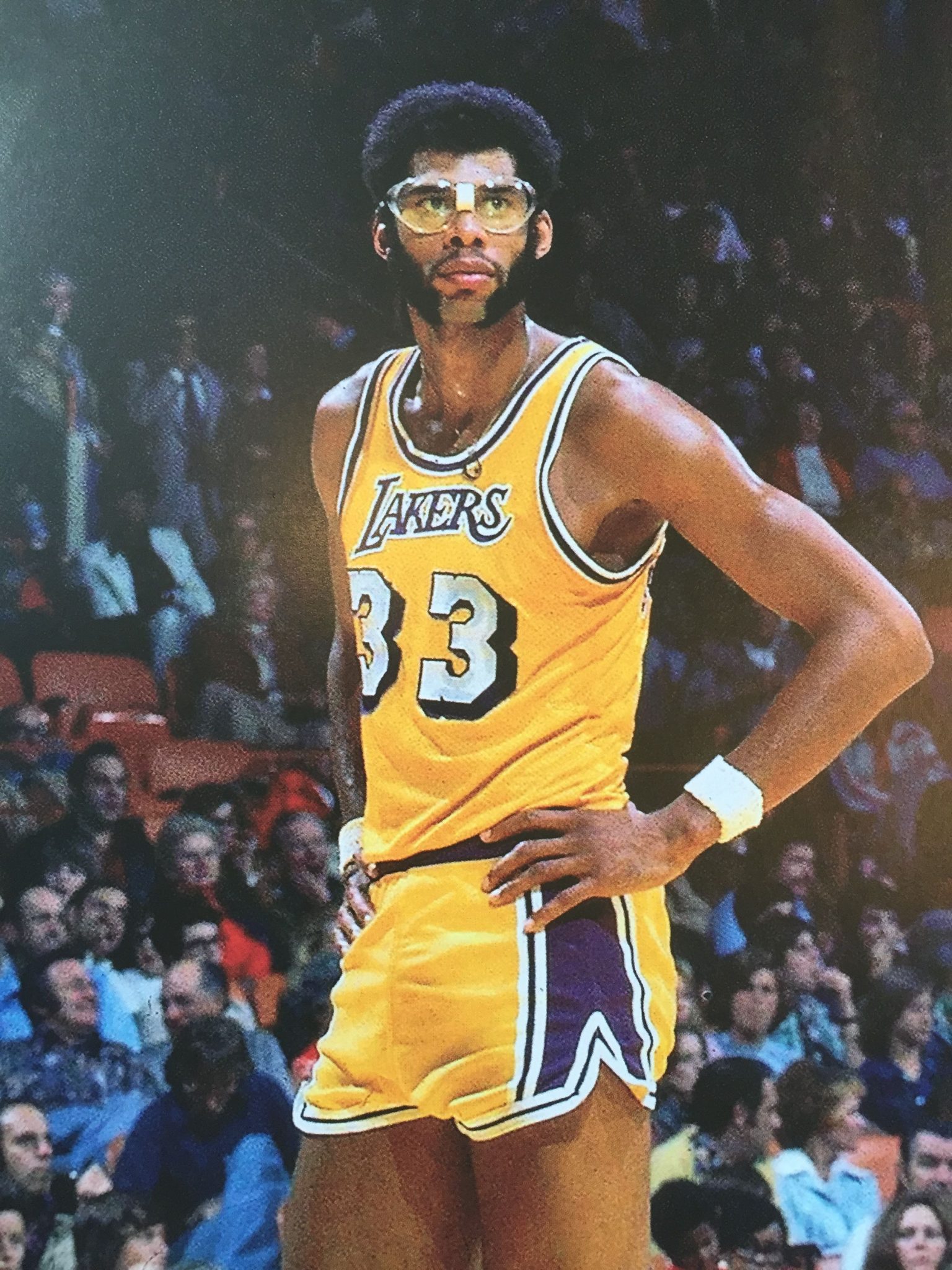
Mohamed Salah
Sport: Football
Football has long acted as a platform for change, cultural influence and societal tolerance. In recent years no better example can be given than Mohamed Salah’s impact on England and the rest of Europe. Salah has not simply been a prolific goal-scorer, a master playmaker and a tireless hard worker for Liverpool. He has been an unexpected sociological meteorite in English football.
Conducting himself in a manner which warrants as much respect as his footballing talent does, he is humble, incredibly charitable, and a calming presence on and off the pitch. Mohamed Salah is a fine ambassador for not just football but also Islam. His arrival in the Premier League was pivotal in curtailing the prevailing negative sentiment in English society about Islam.
Salah has acted as an unexpected uniting force, an unlikely champion of Islam in these challenging times, transforming the perspectives of English society about Islam with his graceful presence. The Liverpool chant “if he scores another few, then I’ll be Muslim too’, though jovial in its intention, the chant provides evidence of the desire for improved integration and tolerance in our society.
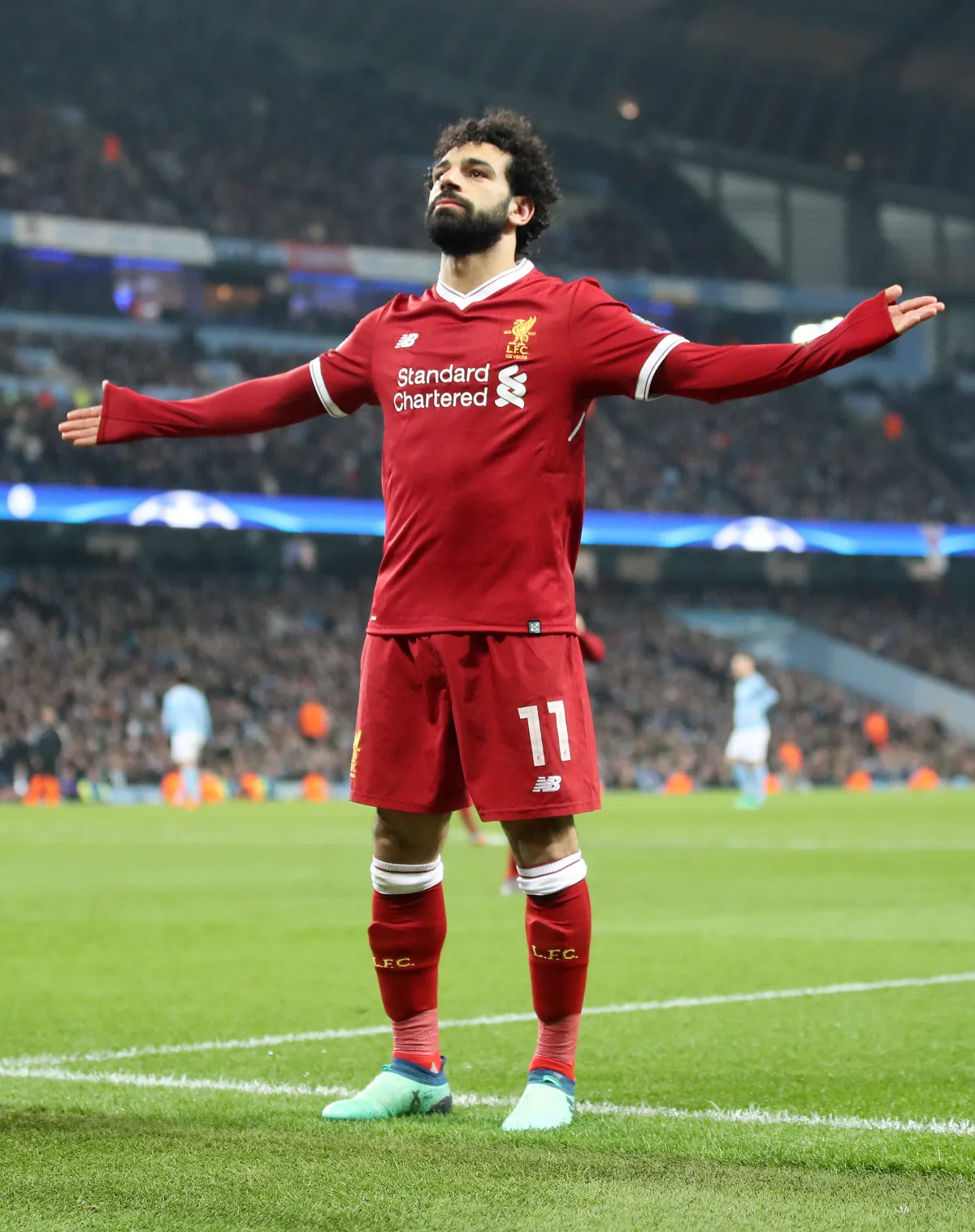
Nawal El Moutawakel
Sport: Athletics
Football has long acted as a platform for change, cultural influence and societal tolerance. In recent years no better example can be given than Mohamed Salah’s impact on England and the rest of Europe. Salah has not simply been a prolific goal-scorer, a master playmaker and a tireless hard worker for Liverpool. He has been an unexpected sociological meteorite in English football.
Conducting himself in a manner which warrants as much respect as his footballing talent does, he is humble, incredibly charitable, and a calming presence on and off the pitch. Mohamed Salah is a fine ambassador for not just football but also Islam. His arrival in the Premier League was pivotal in curtailing the prevailing negative sentiment in English society about Islam.
Salah has acted as an unexpected uniting force, an unlikely champion of Islam in these challenging times, transforming the perspectives of English society about Islam with his graceful presence. The Liverpool chant “if he scores another few, then I’ll be Muslim too’, though jovial in its intention, the chant provides evidence of the desire for improved integration and tolerance in our society.
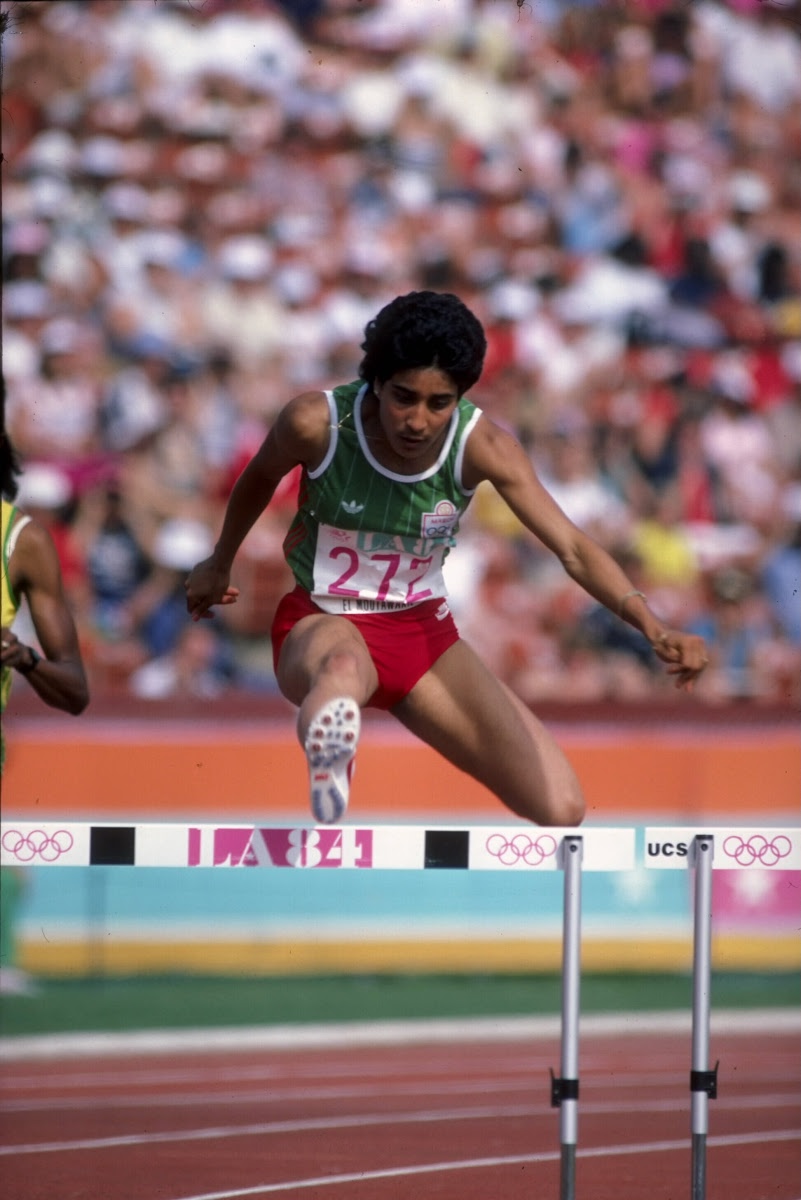
Sir Mohamed Muktar Jama Farah
Sport: Athletics
Sir Mohamed Muktar Jama Farah also known as Mo Farah, was born in present-day Somaliland. The then Hussein Abdi Kahin was trafficked from Djibouti to London under the name of another child, Mohamed Farah, at the age of nine where he was forced into child labour. He adopted the name as his own thereafter, becoming a British citizen.
Farah is the most successful British track athlete in contemporary Olympic Games history. Mo Farah boasts a total of 10 global championship gold medals, six being from the World titles and four from the Olympics. This feat makes him the most successful male track distance runner globally in history.
Mo Farah is not only an innate sincerity and humility but furthers a sense of inclusion, meritocracy and of sheer dedication. Farah, a devout Muslim and one of the most beloved and successful British athletes, said his faith plays an essential role in his success as an athlete:
“ You’ve got to believe in God. Everything happens for a reason, so you shouldn’t get wound up. . . . It also says in the Qur’an that you must work hard in whatever you do, so I work hard in training, and that’s got a lot to do with being successful.”
Aside from his profession as a renowned athlete, his focus is set on the country of his birth, Somalia. The gold medallist established the Mo Farah Foundation to help those affected by the devastating drought that hit the Horn of Africa in 2011. The organization focused on both short-term and long-term goals with emergency aid, access to clean water, medical help, agricultural development, and education.
He also threw his support behind the 2013 Somalia Conference in London, hoping to build international support and awareness for the fledgling Somali government. In a video for the Conference, Farah said,
I had the opportunity to come to Britain to start a new life, and I was one of the lucky ones. . . . But there are people out there that need our help. . . . The kids don’t know anything other than fighting. . . . I want to see Somalia back again to what it was.
It’s hard not to be moved by a man as humble and sincere as Mo Farah.

Khabib Nurmagomedov
Sport: Mixed Martial Artist
Every generation has its sporting heroes, some of whom transcend the sports they are famous for and use their platform to bring people together. For a globally persecuted community in recent years by politicians and the mainstream media, Muslims have often sought comfort and a sense of sharing in the glory of sporting legends who share their faith and have managed, despite the odds, to force the public consciousness to acknowledge them and their faith.
In today’s world, perhaps no other athlete represents the ideals of Islamic piety, humbleness, and being a master of one’s craft more than mixed martial arts legend Khabib Abdulmanapovich Nurmagomedov (The Eagle).
Hailing from the Republic of Dagestan in Russia, Nurmagomedov is the first Muslim to win a UFC title. Nurmagomedov is a former professional mixed martial artist. He competed in the lightweight division of the Ultimate Fighting Championship (UFC), where he was the longest-reigning UFC Lightweight Champion, having held the title from April 2018 to March 2021. Nurmagomedov retired with an undefeated record.
What makes Nurmagomedov so unique is not only his professional performance in the cage and his conduct outside of it. His impact on his fanbase and his ability to be an example of a practising Muslim being committed, hardworking, and successful.
The bearded Nurmagomedov in traditional Dagestani garb, praising his Lord, imbued with a religious conviction that fuels his training, and achieves the highest success in an environment dominated by all the trappings of the modern world.
This champion, true to his faith, and principles and with the utmost characteristics of filial piety forces people to respect Muslims for who they are. It also serves as an inspiration for young Muslims around the world who feel under siege because of their identity, yet now can look at Khabib and feel proud of being unabashedly Muslim while aiming to reach the very pinnacle of their field.
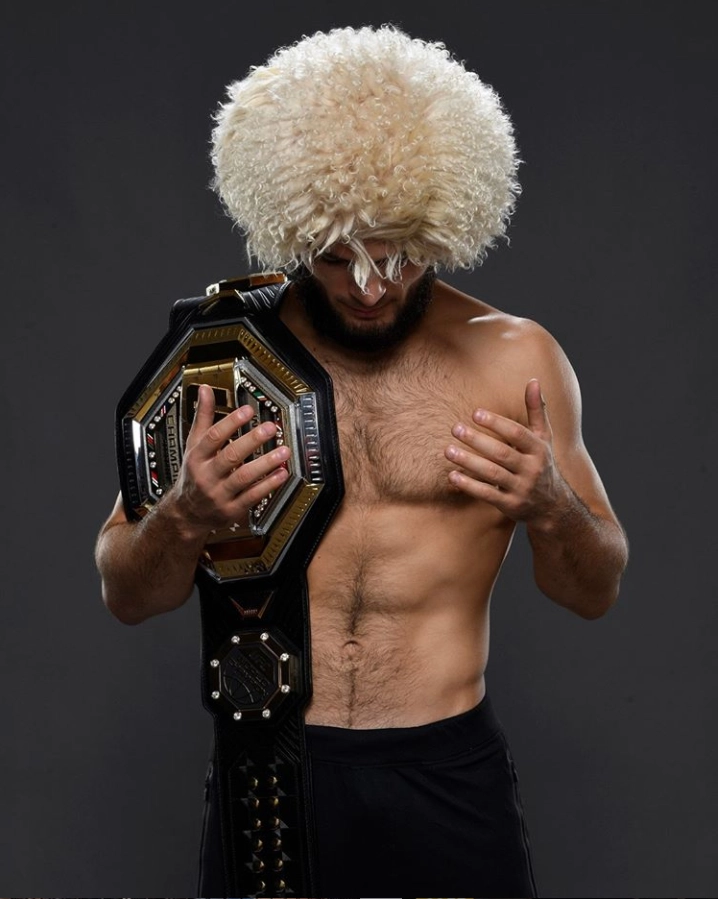
Ibtihaj Muhammad
Sport: Fencing
As a black Muslim woman, Muhammad cuts a distinctive figure in the predominantly white sport of fencing. At Rio Olympics, she became the first Muslim woman to compete in a hijab and earn a bronze medal.
“Fencing has taught me so much about myself and what I am capable of. I want to be an example for minority and Muslim youth that anything is possible with perseverance. I want them to know that nothing should ever hinder them from achieving their goals—not race, religion, or gender.” – Ibtihaj Muhammad, Duke Magazine, 2011
Too often, the burden is placed on minorities to explain and legitimize themselves and their experience. And why should that be? Muhammad argues that we should all do a better job of learning about and trying to understand other people—approaching those who are different from us first and foremost as fellow humans, with less emphasis on the ways we are different.
“A lot of people don’t believe that Muslim women have voices or that we participate in sport,” Muhammad said in an interview with USA Today. “And it’s not just to challenge misconceptions outside the Muslim community, but within the Muslim community. I want to break cultural norms.”
In the spirit of representation, Mattel announced that it was honouring Muhammad with the unveiling of a new Barbie doll in her likeness. Part of the brand’s annual Shero program, which celebrates notable women and their achievements, the doll is the first in Barbie’s lengthy history to come with a hijab.
Muhammad also serves on the council for the U.S. Department of State’s Empowering Women and Girls Through Sport Initiative, which encourages girls across the globe to reach their potential.

Ruqaya Al-Ghasra
Sport: Athletics
Al-Ghasra shattered the glass ceiling as the first Muslim athlete to win an Olympic Medal covered in Hijab at the 2004 Olympics. She won a gold medal in the 200m sprint and a bronze in the 100m at the 2006 Asian Games in Doha. She has also won medals at the Asian Indoor and Arabian championships and was the flag bearer for Bahrain at the 2008 Olympics.
Al-Ghasra has already made an enormous difference in her country and the region. Since her success, Bahrain has seen scores of girls taking up athletics. Relatively speaking, it’s a small amount but a giant leap forward from where the sport was in the country a few years ago.
Bahrain even hosted their first-ever Gulf Co-operation Council (GCC) Youth Championships for Girls. Hundreds of youngsters from Bahrain, Qatar, Oman and Kuwait lined up dreaming that they too might be the next Roqaya Al-Gassra.
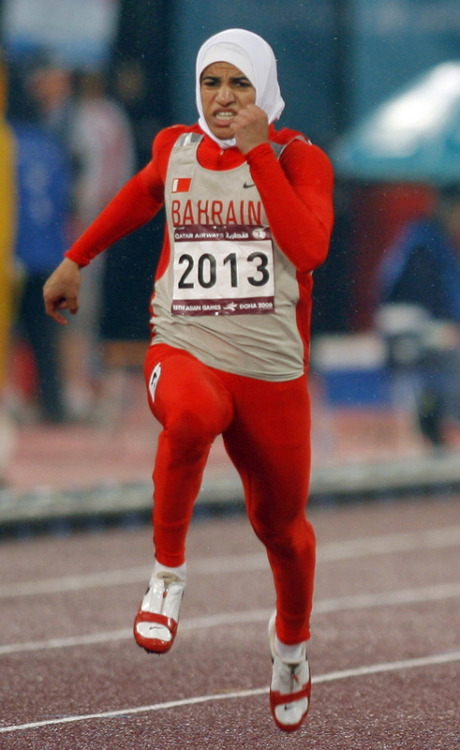
Ruqsana Begum
Sport: Muay Thai; Kickboxing; Boxing
Ruqsana Begum, a British Bengali who grew up in east London and studied architecture at Westminster University, became the Muay Thai world champion after beating Susanna Salmijärvi from Sweden.
World-renowned trainer O’Shaughnessy states. ‘A lot of boxers have the talent, but they don’t haven’t got the instinct. You’d never know when she’s outside the ring; you realise only when she’s inside.
For women, gaining the right to box has been a battle – they weren’t allowed to compete in conventional boxing in the Olympics until 2012. And for Muslim women, in particular, the problem is compounded. In 2012, she launched a line of sports hijabs that are made of Lycra and don’t require a safety pin to hold them together.
‘I want to help more Muslim women participate in sport.’
And the final complication is that she suffers from ME, or chronic fatigue syndrome, which is a long-term illness.
In the face of such hardship, Begum embodies perseverance, receiving an Inspire Award at the GG2 Leadership Awards in 2016.
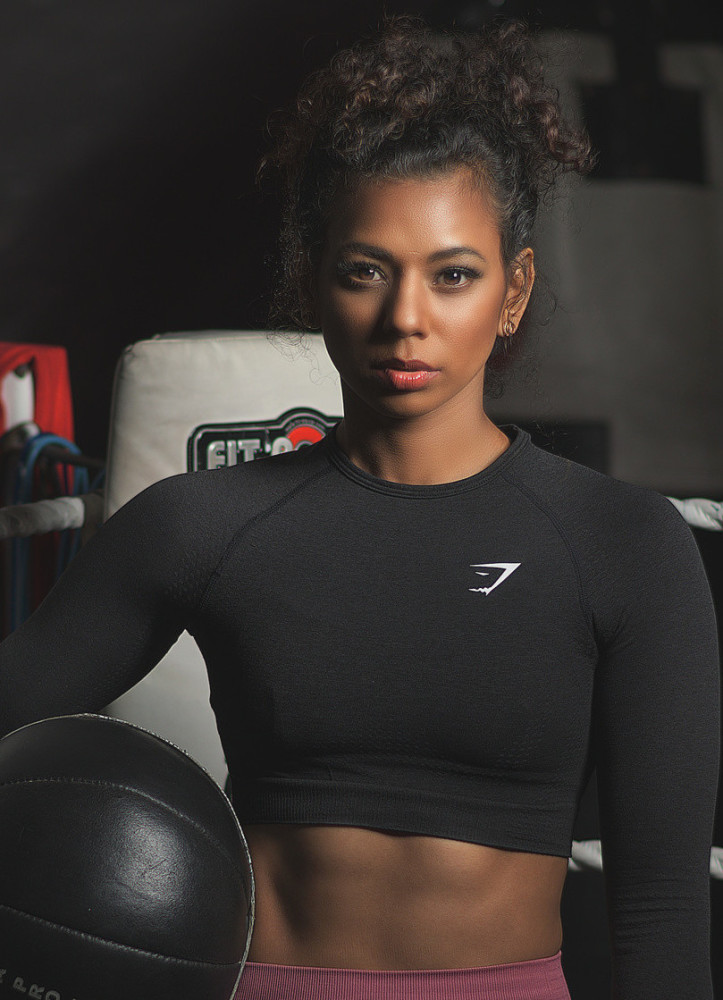
N’Golo Kante
Sport: Football
N’Golo Kanté (born 29 March 1991) is a French professional footballer who plays as a central midfielder for a Premier League club and the France national team. Considered by many to be one of the world’s best midfielders, Kanté is widely praised for his work rate and defensive acumen. Kanté was born in Paris to Malian parents who migrated to France from Mali in 1980. He grew up in a small apartment in Rueil-Malmaison, Hauts-de-Seine. His father died shortly after N’Golo turned 11 and his elder sibling Niama died of a heart attack before the 2018 World Cup.
At the start of his professional career at Boulogne, he commuted to training on a kick scooter and as of 2018 drove a Mini Hatch, his first purchase in England because he found it easy to learn to drive in.
Kanté was an integral part of the Leicester City team that went on to become a Premier League champions in 2016. The following year, he joined Chelsea and again won the league, making him the first outfield player to win consecutive English league titles with different clubs since Eric Cantona in 1992 and 1993. Individually, Kante has been awarded the Premier League Player of the Season, the PFA Players’ Player of the Year, the FWA Footballer of the Year, the UEFA Men’s Midfielder of the year and the Trophées UNFP for Best French Player Abroad twice.
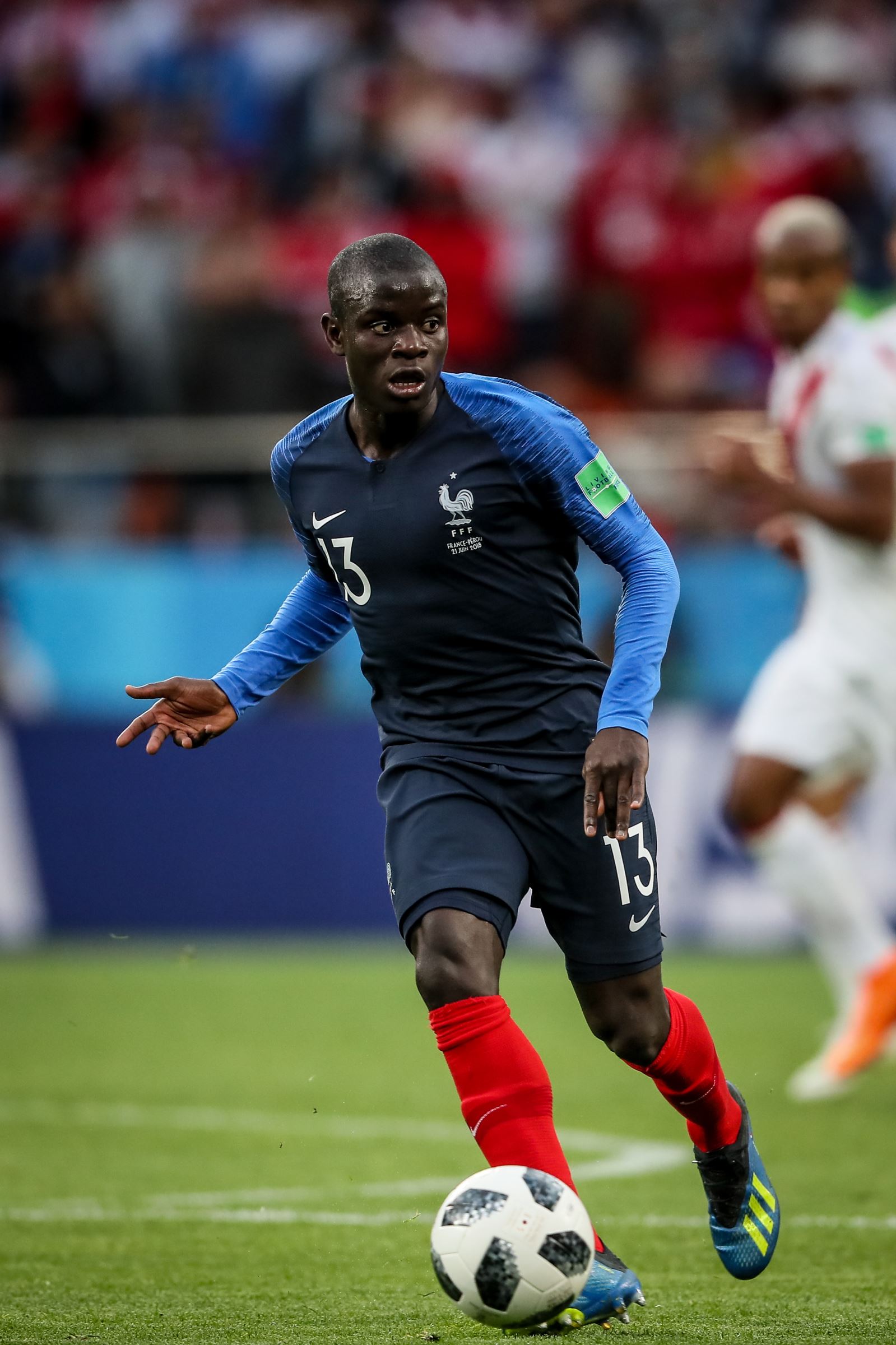
Honourable Mentions

Netherlands’ Sifan Hassan became the first athlete to medal in all three track events at one Olympics – the 1,500, the 5,000 and the 10,000 meters.

Zinadine Zidane, three-time FIFA World Player of the Year and 1998 World Cup Champion. Arguably one of the best to ever lace up the cleats, Zidane is a Frenchman of Algerian descent who wowed the football world for years.

Mike Tyson is considered one of the greatest heavyweight boxers in boxing history. Born as “Michael Gerard Tyson,” he was nicknamed “Iron Mike” or “Kid Dynamite” and later “The Baddest Man on the Planet.”
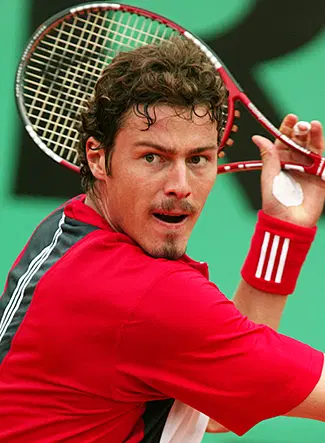
The hot-tempered Russian tennis great Marat Safin was born and raised as a Muslim. Of Tatar descent, Safin was a former No. 1 who nabbed a couple Grand Slams, has the record for broken racquets in a season (87), and is now a member of the Russian parliament.
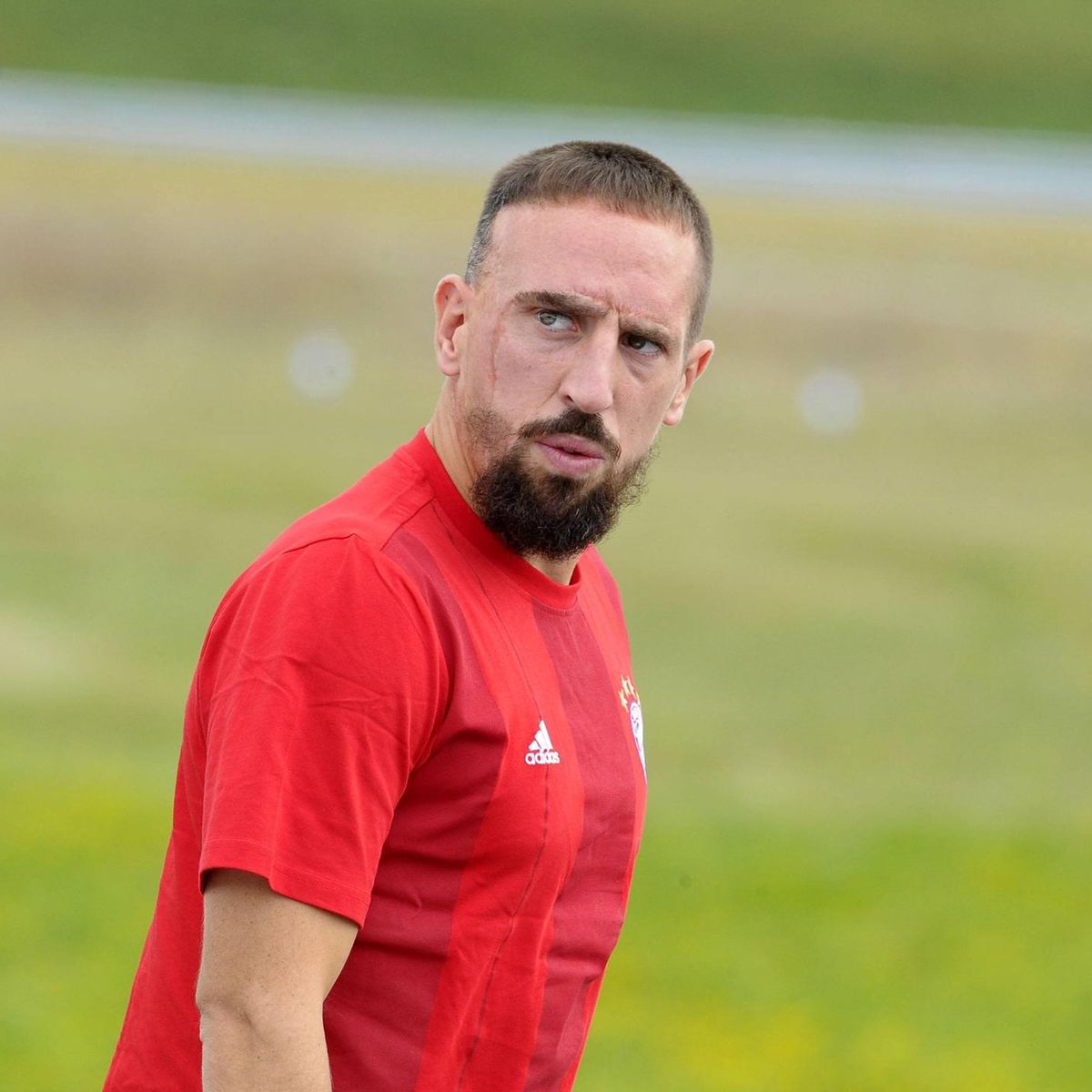
Ribéry learned about Islam from his Muslim friend, Malik. His friend Malik introduced him to the Quran and the Prophet. Ribéry then converted to Islam upon marrying his wife at the height of his athletic career.
He announced his conversion and changed his name to Bilal. The major European clubs provided Ribéry with halal meals and unique rooms for prayer, seeing his eagerness to his religion.
Ribéry has represented France’s national football team 81 times on international platforms. He is a three-time winner of the French Player of the Year and the German award of Footballer of the Year.

